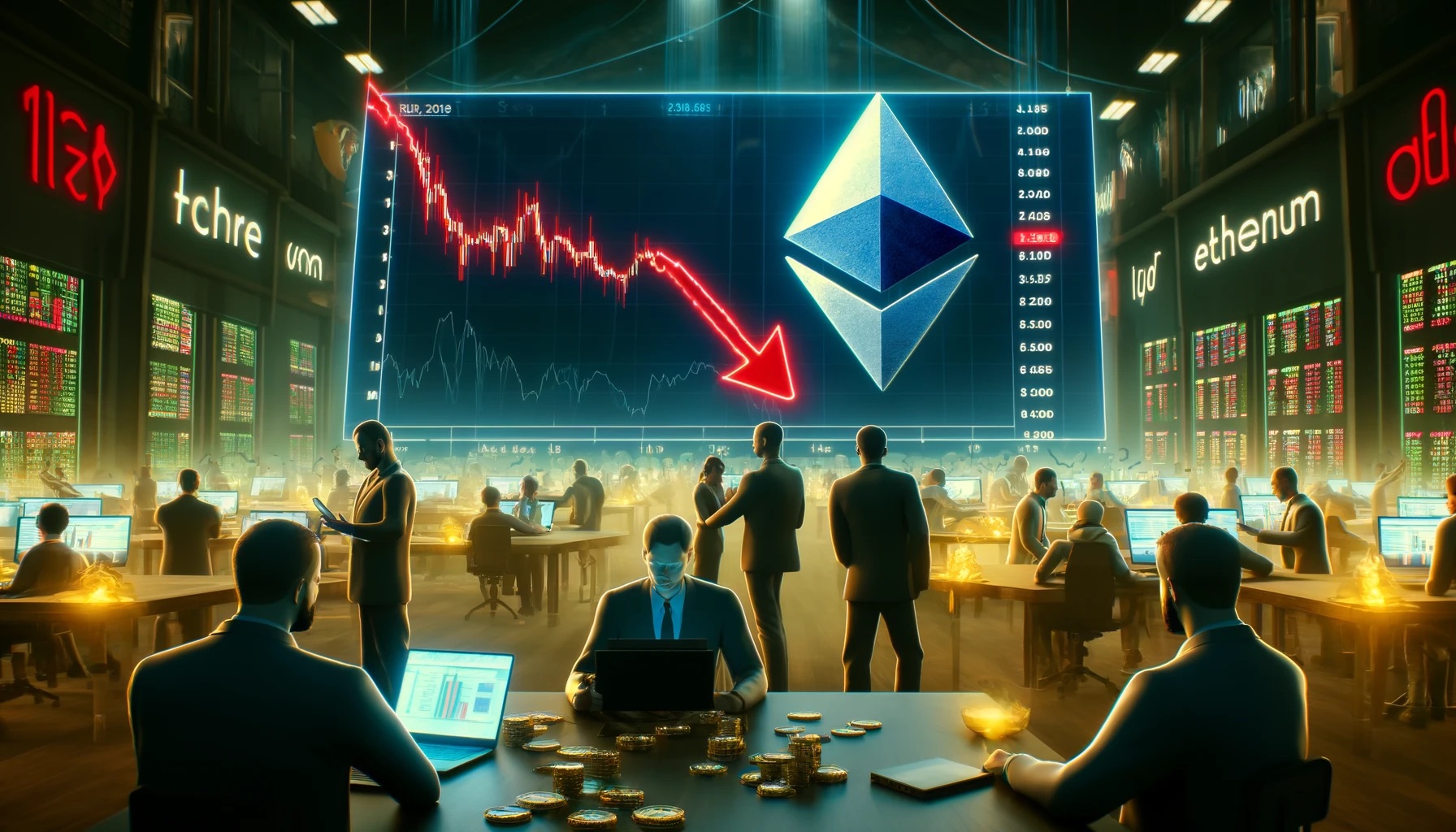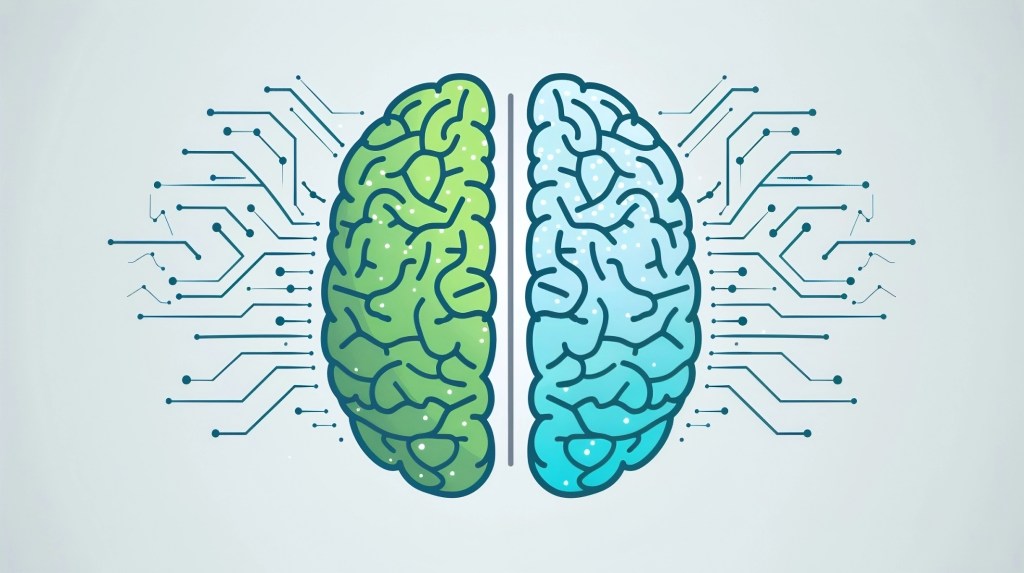App Store for AI: OpenAI’s GPT Store lets you build (and monetize) your own GPT
OpenAI took the leash (and the “Chat”) off ChatGPT today with the announcement of GPTs, a way for anyone to build their own version of the popular conversational AI system. Not only can you make your own GPT for fun or productivity, but you’ll soon be able to publish it on a marketplace they call the GPT Store — and maybe even make a little cash in the process.
The new features, announced with many others today at OpenAI’s first developer day in San Francisco, indicate a more hands-off approach to the AI marketplace, which has hitherto been defined by a handful of dedicated general-purpose systems. Indeed, said systems are becoming even more general-purpose with new capabilities, but the AI giant has clearly taken a page from Apple’s book in seeing that being the go-to platform for the ingenuity of others is at least as valuable as having ingenuity oneself.
“We believe if you give people the tools, they will do amazing things,” said founder and CEO Sam Altman on stage.
To that end the company is introducing what it’s calling GPTs, “custom versions of ChatGPT that you can create for a specific purpose.” (And yes, you can expect some confusion on that point, since GPT, or “generative pretrained transformer” is actually the technical term for this type of large language model.)
GPTs can be made with no coding experience, and can be as simple or complex as you like, as they explained.
For instance, you could have a GPT trained on your recipe collection so you can quickly ask what ingredients you need for that one soup. Or you could have it ingest information on a sprawling fantasy series so you can ask it “wait, who’s Sir Roderick Random?” And if you’re more serious-minded, you could as a developer or company have a GPT trained on all your proprietary code, so others can quickly check their style or generate harmonious code.

It’s possible to make a GPT just by chatting with ChatGPT and describing what you want — we’ll be able to test this out soon.
“You can in effect program a GPT with language just by talking to it,” said Altman. “It’s easy to customize the behavior so they do what you want — this makes them very accessible and gives agency to everyone.”
He demonstrated this on stage, describing to ChatGPT under a “New GPT Draft” that he wanted to make a bot that advises founders on how to improve their startup. Then he uploaded a lecture he’d given on the subject, told it to be concise and constructive, and decided it was ready to go.
You’ll also be able to bring in outside services, like sending an unsupported language out to a translation API — but users will be able to choose whether their data can be handled that way.
An App Store for AI

Perhaps the most impactful announcement of all today was OpenAI’s GPT Store, which will be the platform on which these GPTs will be distributed and, eventually, monetized.
Later this month, we’re launching the GPT Store, featuring creations by verified builders. Once in the store, GPTs become searchable and may climb the leaderboards. We will also spotlight the most useful and delightful GPTs we come across in categories like productivity, education, and “just for fun”. In the coming months, you’ll also be able to earn money based on how many people are using your GPT.
Sound familiar? The App Store model has proven unbelievably lucrative for Apple, so it should come as no surprise that OpenAI is attempting to replicate it here. Not only will GPTs be hosted and developed on OpenAI platforms, but they will also be promoted and evaluated.
“We’re going to pay people who make the most used and most useful GPTs with a portion of our revenue,” and they’re “excited to share more information soon,” Altman said.
It’s not clear at this point whether there will be the ability to simply charge for your GPT, or whether it will be strictly revenue sharing. When I asked him later, he said that he expects the strategy to evolve a lot, first with a straight revenue share (of unspecified magnitude), and later the possibility of subscribing to individual GPTs if there is demand for that.
It’s not clear who these “verified builders” are exactly, but presumably that’s just a hurdle to prevent low-effort and scammy stuff from making its way in. (That comes later.) But they demonstrated GPTs built by Code.org, TripAdvisor, and Canva, so it may be that at first it is going to be more official apps rather than individuals’ GPT experiments.
OpenAI is clearly aiming high here, and the decision to establish itself as a platform independent from existing app stores and distribution methods may put it directly in conflict with industry giants like Apple and even its perennial patron, Microsoft. Apple may take issue with monetization of GPT models without taking its cut via the App Store, so OpenAI will have to step lightly here.
And Microsoft is about to debut its own Copilot models specific to tasks like Office tools, and it certainly sounds like GPTs might run headlong into those enterprise-level models.
CEO Satya Nadella appeared on stage briefly to reiterate how excited he is about the partnership, but there is certainly a sense that OpenAI is the one moving forward and Microsoft is relegating itself to a support role. How long can that relationship stay friendly? The next few years will be interesting to say the least.
The details of the GPT Store are developing as OpenAI gets into them over the course of the day. We’ll update this post as we learn more.


